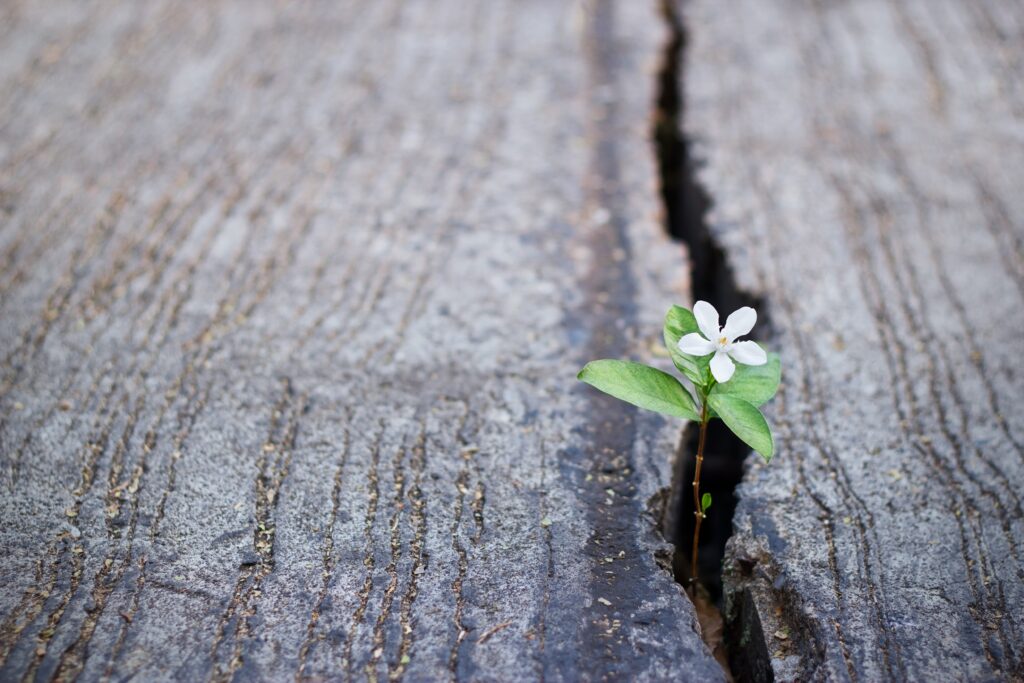
Heili Lehr, MA, LPCC, NCC – www.navigating-loss.com
If something strange and unfamiliar is happening to you when watching the news or talking to friends and family recently, it just might just be the first tentative faint stirrings of hope. Hope for an end to this pandemic and a return to some version of normalcy, hope for increased socialization and interaction with others, and – dare we hope – getting back to doing the things that make life seem rich, meaningful and enjoyable.
Hope can be a vulnerable thing. Hoping for something means opening ourselves up to possible disappointment if we don’t get it. Putting ourselves out there as someone who wants something can risk exposing our pink underbelly of tender optimism. We guard our hope, nurturing it in secret, not wanting to speak it aloud as if it might jinx our chances of seeing it grow and yield what we dream of. Yet hope springs unbidden from the cracks that form in adversity. Even when everything seems lost, our minds search for new things to hope for.
Viktor Frankl, in his book Man’s Search for Meaning, illustrates how hope can carry us through unimaginable horrors. Even in a Nazi concentration camp when everything was taken from him, he found himself hoping for a few bits of vegetables ladled from the bottom of the pot of broth, and hoping to be worthy of his suffering. Hope changes over time. When navigating a terminal illness hope might shift as we move from hoping for a cure, then for more time, then for a few more good pain-free days, then finally hope that our family will be ok after we are gone.
Hope is what keeps us going when times are hard, and it is what drives us toward what we want in life. It gives us something to look forward to and a reason to persevere in the face of adversity. Realistic hope is creative and flexible; it can evolve and nimbly rearrange itself around changes in our circumstances. We all had a firsthand lesson in the creative flexibility of hope during this past year as our hopes shifted from going to graduations, parties, weddings and celebrating milestones to staying safe, carving out a life for ourselves in isolation, and making it through this ordeal with a newfound gratitude for the things in life we took for granted.
Give yourself permission to be bravely vulnerable in what you are hoping for. Share it with others, speak your hopes aloud and spread the seed of hope to others you encounter. Like pessimism, hope can also be contagious. In nurturing your own hopes and demonstrating how adaptable, creative and flexible hope can be, you just might inspire someone to open up a crack in their own adversity and let a little sprig of tentative hope emerge.
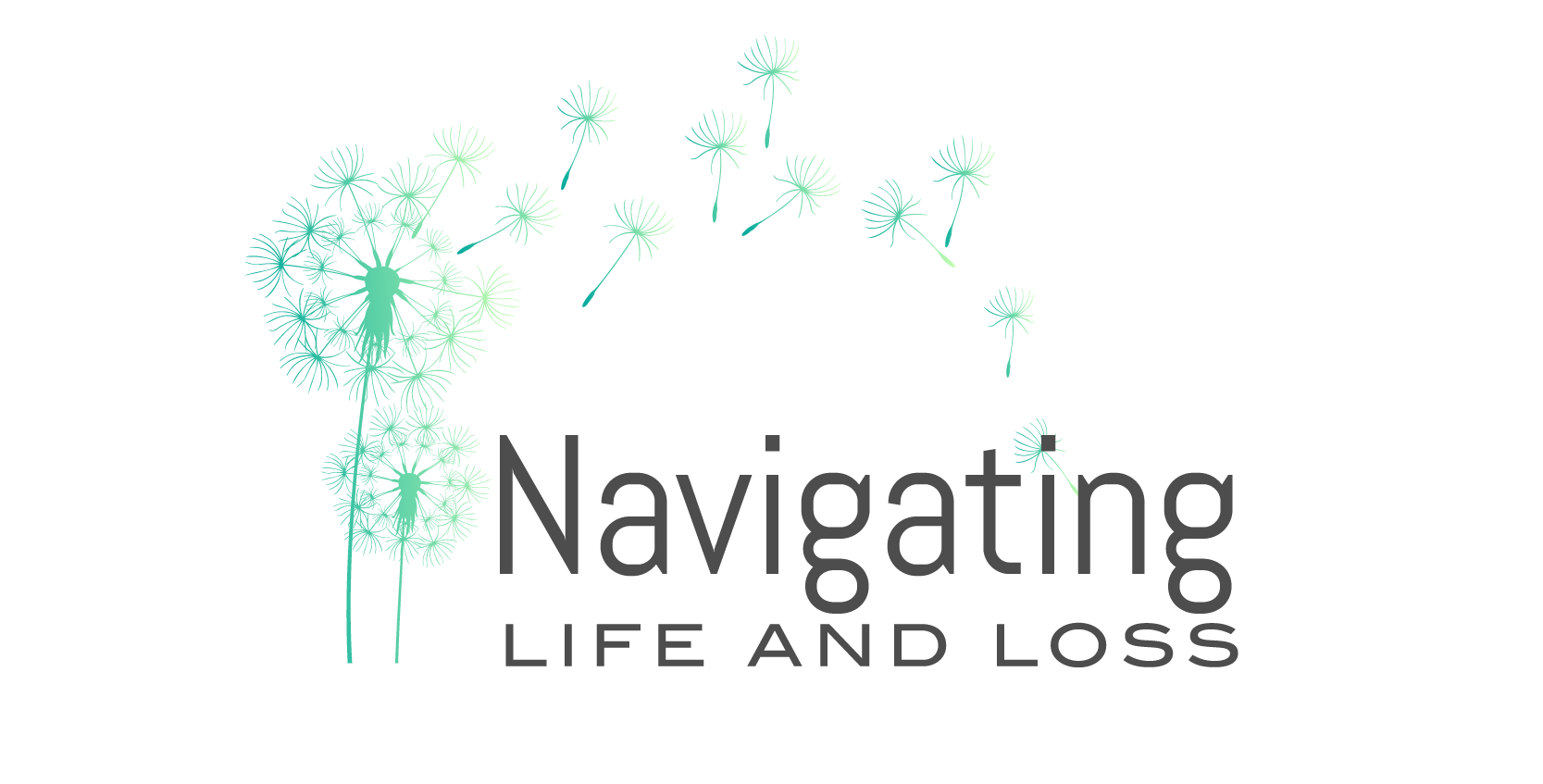
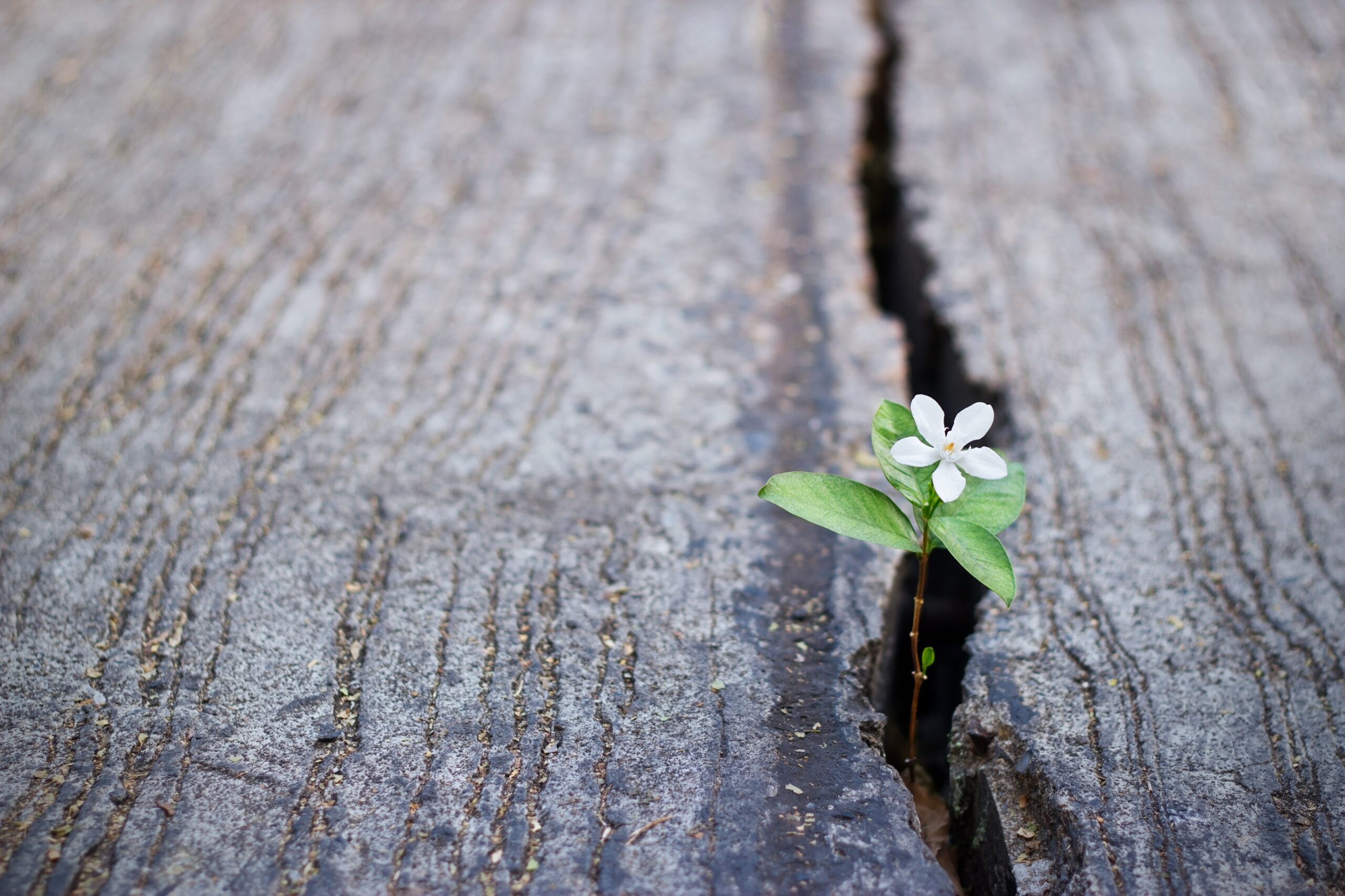

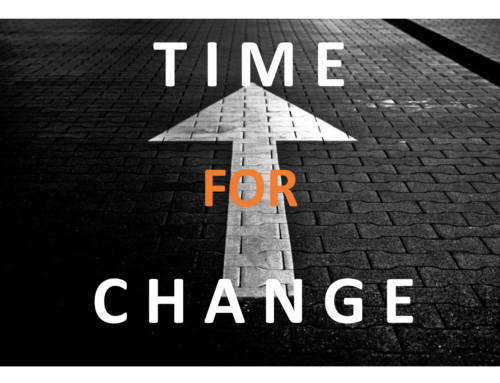
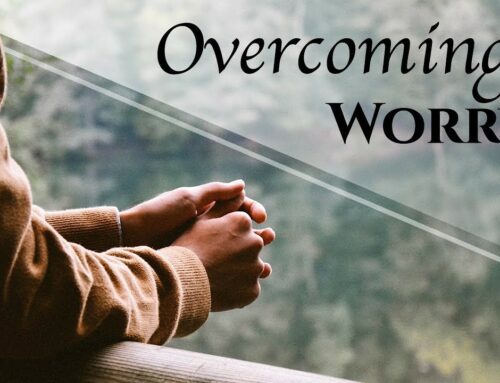

Leave A Comment
You must be logged in to post a comment.